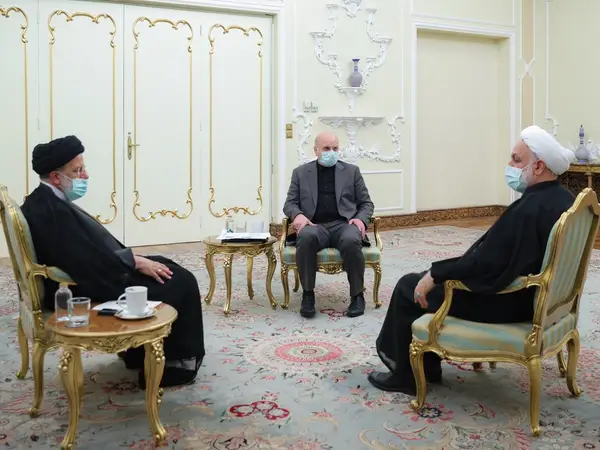The Islamic Republic has embarked on a journey to raise capital by selling public properties, a move that has people and pundits concerned about its repercussions.
The country’s parliament is trying to fiddle with existing laws to make the measures seem in accordance with the constitution. Supreme Leader Ali Khamenei has given his blessing, trying to sell the idea as long overdue, which should have been guiding principle in the early years of the regime.
The shady privatization plan, which is promulgated to improve the generation of wealth and production in Iran, has been met with a lot of skepticism by the public, who have seen corrupt “privatization” in the past 15 years, when state properties were sold at ridiculously low prices to well-connected individuals.
The clerical regime – struggling with domestic unrest and grappling with rising inflation on the backdrop of global isolation – is in desperate need of money. People are terrified that the plan is the Islamic Republic’s last-ditch effort to liquidate public assets to keep itself afloat.
On Monday, Ali Khamenei met with a group of businesspeople urging them to help kickstart the country’s economy. He stressed on the necessity of economic growth to reduce the hardship people face.
Khamenei, who almost never acknowledges the country’s problems and always blames the “enemies” for everything, said that Iran is at least a decade behind in its economic development. Calling for the privatization of industries, he said important mistakes were made in the early years of the Islamic Republic by making all major economic sectors run by the government.
"The country will not be run without the activities of private enterprises, and these enterprises will not engage in such businesses without the support of the government, and if they do, they will not be successful,” he added.
Iranian media and economic experts are characterizing the privatization plan that officials keep vague as "a plunder of public property" and "economic apartheid."
According to reports, the new privatization plan approved by the heads of the three powers of the government, President Ebrahim Raisi, Majles Speaker Mohammad Bagher Ghalibaf and Judiciary Chief Gholamhossein Mohseni Ejei bars critics of disclosing details of transactions and suspends for two years all legislation that might prevent these transactions.
The transactions are going to take place under the supervision of a seven-man team, comprised of Vice President Mohammad Mokhber, Economy Minister Ehsan Khandouzi, Interior Minister Ahmad Vahidi, Roads Minister Mehrdad Bazrpash, Planning and Budget Chief Massoud Mirkazemi, and two representatives of the Parliament Speaker and Judiciary Chief, who are not appointed yet. The members of the taskforce are said to have absolute judicial immunity.
Critics say that secrecy and immunity will give way to financial corruption as the seven-member board has the right to determine the prices for the transfer of assets to the private sector.
In an article on Monday, Rouydad24 website labeled the move as “putting on auction the people’s properties,” elaborating some of its “horrible” points. The article said that the move is one of the most questionable decisions ever approved by the country’s leaders.
“It has never happened in the history of Iran that seven people make decisions for the entire capital and future of a nation without being accountable for anything,” read the article.
One of the clauses of the resolution gives the group the power for two years to overrule all laws and regulations that are already in place to block the sale of public properties. It means the current administration is coordinating with other branches of the government to suspend all current laws to do whatever it wants, fueling speculations that the government predicts it would not be able to stay office in the next election.
Gholam Ali Jafarzadeh, a former lawmaker, has said that such an extrajudicial taskforce may be justified during wartime, asking what strange thing has happened now that justifies such a decision.
The article described the long list of the public assets that are to be sold as “frightening,” especially because the government doesn’t have information about the exact value of the assets. “What is more frightening is that the properties are supposed to be sold without legal formalities,” it added.
